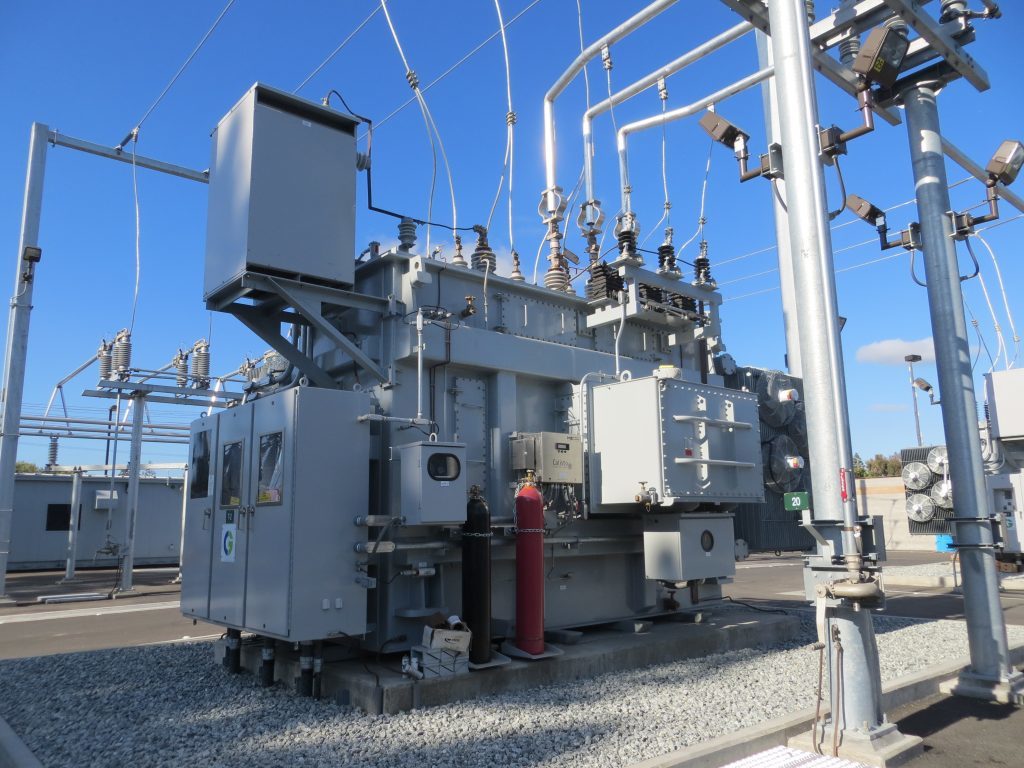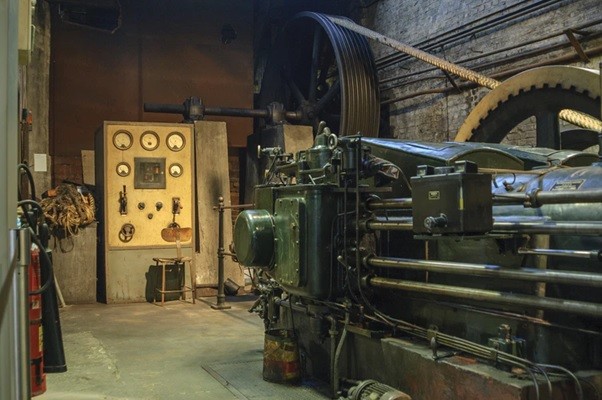Having a backup generator in your house or workplace is very important. Some people don’t believe in the importance of investing in generators. However, in case of a power outage, your generator will be the only thing that keeps your refrigerator, PCs, and other appliances up and running. Having a backup generator at your work site means that you will not need to postpone your work if the power was cut off. Whether at home or your workplace, a generator allows you to continue operating normally until the power is back.

Many people who decide on buying a generator don’t usually focus on the features and qualities of the generator, which causes them many problems after purchasing it. To avoid such a situation, it’s essential to know the main features that should be present in a generator and choose the one that fits your needs the most.
Here’s what you should look for when buying a backup generator.
The Output
Before buying a generator it’s important to know the rated and maximum output of a generator. The output is the number of watts a generator can produce for a certain time. Knowing this point will help narrow down your options as you’ll know how many appliances the generator will run and for how long. There are many types of generators to choose from, but it depends on why you need it. When facing a power outage, do you need to run an entire building or just the essential devices? It’s essential to know what kind of power a generator can handle, because if it has a weak output, the generator will not last for long, and will not be able to power up all of your devices.
Type of Fuel
Generators can run on propane, diesel, or gasoline. Each type has its pros and cons, and it could also differ in the cost of the generator itself and how effective it works. Before you buy a backup generator, know the difference between each type, and choose what’s best for you.
Gasoline generators are usually compact and lightweight, therefore, they run for a short time. They are ideal for small places or if you only need a couple of appliances to keep running until the power is back. Most of the gasoline generators have a fuel-efficient engine, which means that it can adjust the engine’s speed and at the same time uses the fuel efficiently. Although gasoline generators are the most preferable for household owners, it’s unsafe as it’s flammable. If you’re planning to buy a gasoline generator, you should ensure that the area where you place is completely safe and that no kids will come close to it.
Even though diesel generators are not found in many homes. They are a much safer option than gasoline as they’re less flammable. Diesel generators are also less expensive than other types. The folks claimed in https://www.ablesales.com.au/ that diesel generators are ideal for houses and any job sites, even construction sites. Diesel generators have many types, outputs, and sizes that you can choose from based on why and where you need it.
Propane fuel is known to be the safest type of fuel for the environment, and everyone recommends using it instead of other types. However, propane burns faster than diesel and gasoline and that can be expensive as you’ll need to have backup propane tanks, and you’ll probably need to refill it more often.
Noise Level
Many people forget that a power generator could disturb your neighbors, and even you. Most of the Small and portable generators are quiet when operating. They are ideal for camping and households, as they’ll not disturb your neighbors. However, if you’re considering buying a 4000+ watt generator, except that it’ll be loud and may disturb your neighbors.
Safety
Backup generators make our lives better, but if you’re not careful with them and you don’t take high safety measures when buying one, you’re putting your life and others at risk. Nowadays, there’s a new safety feature in generators that shuts down the engine automatically if it detects a high level of CO. CO is a deadly gas that’s usually produced by generators. However, the new generators now have a CO detector so when the CO reaches a certain limit it shuts down the engine and warns you. This safety feature should be a must-have when purchasing a generator. If you’re not sure whether a certain generator has this feature or not, you can contact the manufacturer to ask them. Other types of generators might not have this feature, but have a low-CO engine. The low-CO engine reduces the CO produced by the generator, which reduces the risk of poisoning.

Another safety feature that should be present in a generator is the low-oil shut off. If you don’t notice that the fuel is too low for the generator to power up your house, it will keep running, which may damage the engine or in some cases burn the generator. The low-oil shutoff automatically turns off the generators when it reaches a certain limit. This feature will save your engine and the generator. If this feature is not present in a generator that you want to buy, you can check if it allows you to see how much fuel is remaining without removing the tank. Although most people recommend having a generator with low-oil shut off, knowing how much fuel available is considered as a good alternative, especially in long power outages.
Automatic or Electric Start
Generators that have a pull-start engine usually have many issues. So, when buying a new generator, it’s better to consider one that automatically starts once the power goes off or one that has a push-button start.
Getting a backup generator is never a bad idea, but you should consider investing in a high-quality generator because cheap generators can put your life at risk. Low-quality generators could cause carbon monoxide to build up, which is dangerous to everyone around, especially if the generator is placed indoors. If you’re not sure about the safety measures of a certain brand, you can contact the manufacturer directly and ask them as many questions as you want to ensure that it’s safe to use and will fit your needs.
 World inside pictures Collect and share the best ideas that make our life easier
World inside pictures Collect and share the best ideas that make our life easier





